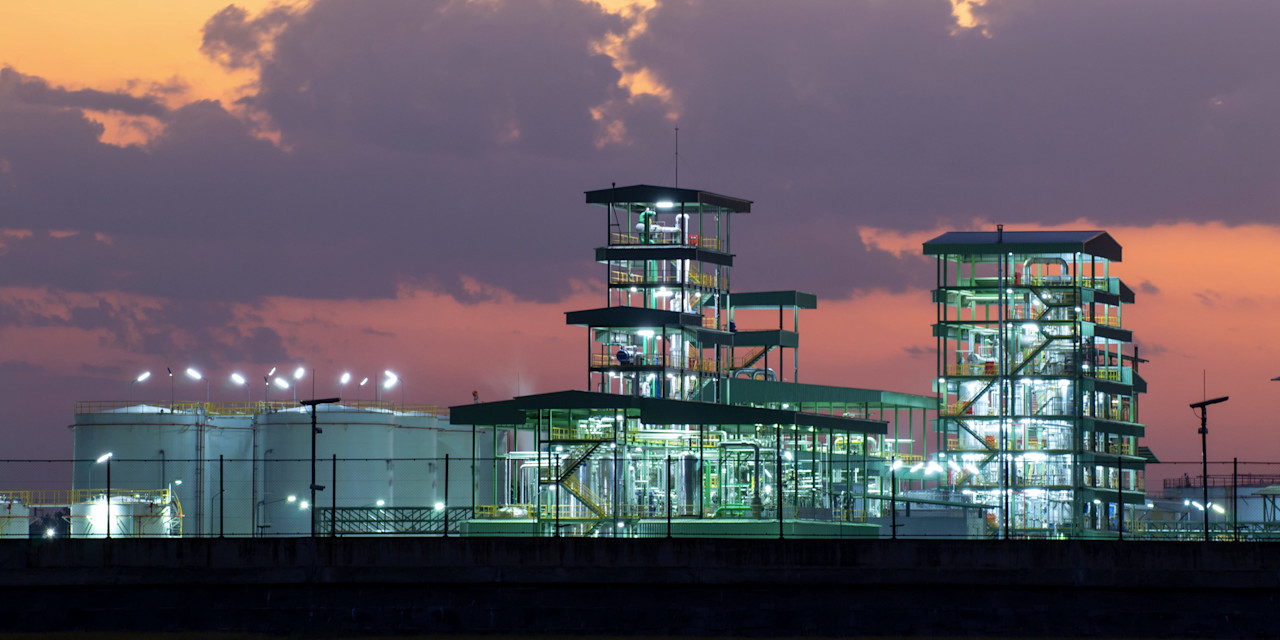Stranded assets are physical assets recorded on a corporate balance sheet whose investment value cannot be recouped and must be written off. Their loss of value can be due to regulatory rulings that mean they cannot be exploited, changing trends in the market that renders them redundant, or obsolescence caused by superior technology.
The term is commonly applied to the fossil fuel reserves of listed energy companies that would not be usable if decarbonization targets to combat climate change are met. The Paris Agreement aims to limit global warming to 2 degrees Celsius above pre-industrial levels, and ideally below 1.50 C, by the end of this century. In order to achieve this, the world needs to become carbon neutral by 2050. This has led to nationally directed measures to phase out the use of fossil fuels and replace the internal combustion engine in vehicles.
In this arena, stranded assets are set to become a problem for any energy or utility company that has invested in fossil fuels reserves that cannot be burnt due to adherence to the Paris Agreement. Such assets would need to be written off, incurring a charge to the profit and loss account and adversely affecting the share price. However, it only becomes a problem if money was directly invested in exploration, production or storage of the asset. Coal reserves that are held mostly by governments are not an issue for investors.

Creating returns that benefit the world we live in
As the climate change agenda becomes more important, investors have been pressuring oil and gas companies to move their business models more towards renewable energy. Here, engagement is seen as being key. In 2018, Robeco led a landmark engagement with Royal Dutch Shell that persuaded the oil giant – which faces significant levels of stranded oil and gas assets in future decades – to commit to short-term as well as long-term carbon reduction strategies, and link both to executive remuneration. Robeco also now excludes any oil company engaged in Arctic drilling.
Stranded assets can apply to any product that has become redundant for whatever reason. Many Boeing 747 ‘jumbo jets’ have become stranded assets for many airlines as the industry has switched to more fuel-efficient twin-engines airliners as replacements for the four-engine jumbos. The unwanted 747s cannot be sold and are often simply written off.
Digitalization is also rendering many valuable assets redundant, including ironically the makers of money itself: the coronavirus crisis has structurally lowered the demand for banknotes as more contactless transactions were made, leading to currency printing presses standing idle.






















